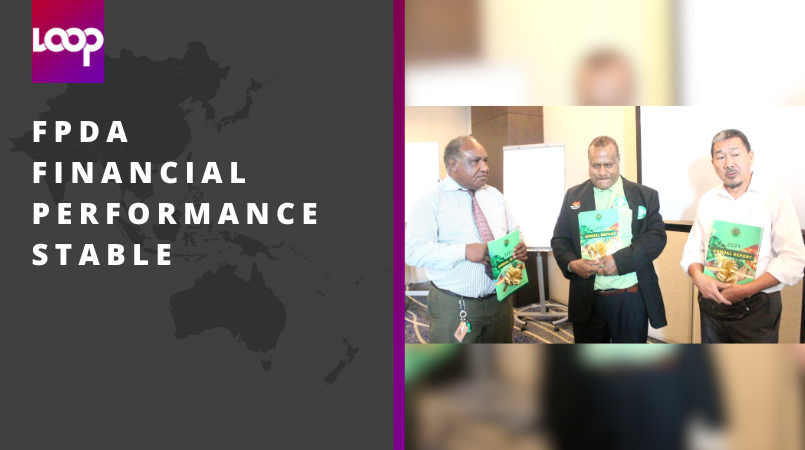
The COVID-19 pandemic-related global and national movement restrictions have had significant impact on external and domestic demand, commodity prices, and overall economic conditions.
As a result, there has been an economic contraction and wider financing gaps in the external and fiscal accounts, which have affected the Papua New Guinea (PNG) economy.
Fresh Produce Development Agency (FPDA) is no exception, as 90 percent of its Capital Investment Projects and Recurrent Grants are funded through the national government budget on an annual basis.
Chief Executive Officer, Mark Worinu made these remarks last Friday when presenting the 2021 Annual Report to the Secretary for Agriculture, Dr Sergie Beng.
Mr Worinu explained that in the fiscal year 2021, the government reduced its appropriations, particularly for public investments, by 30 percent, resulting in reduced budgets allocated to many programs and priority projects.
However, despite these challenges, FPDA has shown financial resilience and the ability to perform.
In 2021, FPDA recorded total revenue of over K18.6 million, surpassing total expenditures of well over K16 million.
This resulted in a profit of more than K2.2 million for the financial year, compared to the previous year's profit of K3.3 million.
The increased profit is primarily attributed to the injection of Australian Incentive Project (IF4) funding of over K3 million in 2021.
Over the past six years, FPDA has experienced consistent growth and expansion in its operations, leading to a significant increase in its asset base.
The recent addition of a four-story office complex building has elevated FPDA's total assets to K35.2 million.
This figure has risen after the completion of the K13.8 million Australian Government Funded Incentive Fund Project in Kainantu EHP early this year, 2023.
The total liabilities of the company account for only 5% (K5.5 million) of the total assets, while the net assets of the company are valued at K29.6 million.
Overall, the organization has experienced an increase in total assets and net assets from 2020 to 2021.
Mr Worinu said this growth can be attributed to an increase in fixed assets and retained earnings.
However, he said there was a decrease in cash and cash equivalents, as well as a decline in current earnings.
The negative value in the unallocated adjustment indicates a loss or adjustment made during the financial year.
The organization has maintained a stable level of liabilities and equity. Resilient
